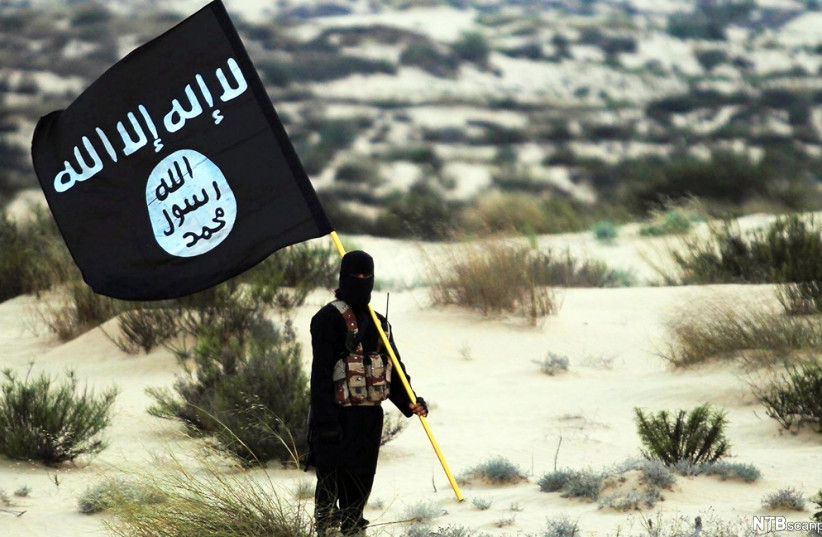Rabbanit Rachelle Sprecher Fraenkel, a mother who endured the tragic kidnapping and later loss of her own son, Naftali Fraenkel, in a kidnapping by Hamas, commended immigrant mothers who have recently made aliyah for their remarkable courage in sending their children to face an existential war.
These also include attacks on facilities where US forces are located in the middle Euphrates River valley, such as the Conoco and Omar field and other sites near Deir Ezzor.
According to an assessment in pro-Iran Al Mayadeen media, these attacks are not having the level of impact that Iran may have expected. While the report claims that there have been casualties among US forces, the overall assessment is that the groups Iran backs in Syria have to use “handmade” weapons. This shows they are not well armed.
The report says they have targeted various places in Syria where US forces are present, such as Conco, Tanf, Rukban, Shaddadi, Kharab Al-Jir “airport,” the Rumeilan area, Tal Baydar, and Qasrak in the Hasakah countryside. The report says this “constitutes about two-thirds of the American bases in the country, which amount to 14 bases.”

Rockets fired, IEDS blasted
The assessment is that “the data indicate that the resistance is continuing to escalate while working to develop it to the stage of targeting of American ground movements through mines and explosive devices until its goal of pushing the Americans to withdraw completely from the areas they occupy is achieved.”
This is an open threat to US forces and a potential shift in tactics from firing rockets to using IEDs on roadsides.
Reports in June already indicated that Iran wanted the militias in Syria to shift to using IEDs. These types of weapons were developed by Iran to fight the US in Iraq in the early 2000s. The EFP is a type of IED that can rip through the armor of a vehicle and kill those inside.
In June, a Washington Post report indicated that Iran may be preparing to increase its attacks on US forces in Syria, using “powerful armor-piercing roadside bombs.” The report was based on “classified intelligence reports.”
The Islamic Revolutionary Guard Corps oversaw “testing of one of the explosives, which reportedly sliced through a tank’s armored plating in a trial run conducted in late January in Dumayr, east of Damascus, the Syrian capital,” according to one of the intelligence reports.
Therefore, Iran appears to have pushed these groups to improve their use of explosives over the last year. The groups have not succeeded, reflecting poorly on the Iranian-backed militias in Syria. It shows that despite support for these groups, they are incapable of projecting Iran’s power the way Iran wants.
This is because many of them are composed of rabble and cannon fodder, such as poor people Iran recruited from Afghanistan and Pakistan. These Afghans, called Fatemiyoun, are Shi’ites from Afghanistan who are members of a minority group.
Iran exploits them and packs them off to the deserts of Syria to fight a war against the US that they have no interest in. Poor and underpaid and with few weapons, these men have not been able to achieve much for Iran.
Sometimes they end up killed in airstrikes and other incidents. They then have a lonely funeral in a place far from home, supporting the Syrian regime, which benefits from their forgotten role.
